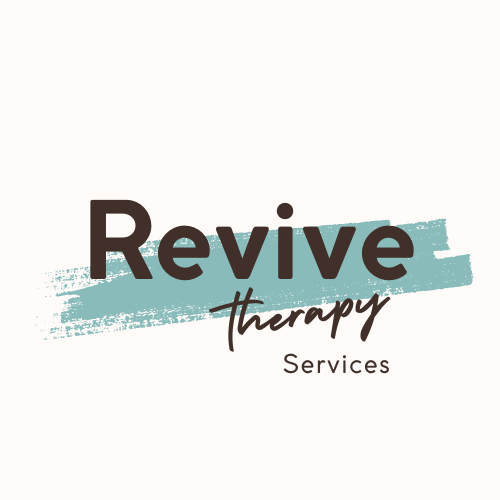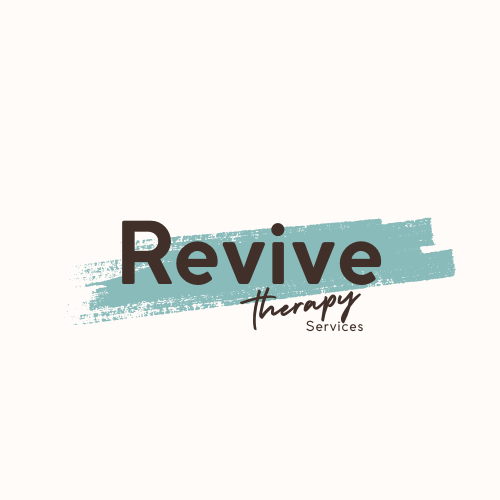Navigating Trauma Triggers: Empowering Mental Health Coping Skills after Medical Trauma
Experiencing medical trauma can have a lasting impact on your mental health. It's not uncommon for individuals to develop trauma triggers, which are reminders or situations that bring back distressing memories, emotions, or physical sensations associated with the traumatic event. At Revive Therapy in Philadelphia, PA, we understand the importance of empowering coping skills to navigate trauma triggers after medical trauma. In this in-depth and extensive blog post, we'll explore strategies to help you understand and manage trauma triggers, ultimately fostering your mental health and well-being. Remember, you have the strength within you to heal and thrive.
Understanding Trauma Triggers:
Trauma triggers can vary from person to person and can be both internal (thoughts, emotions) and external (situations, environments). After medical trauma, common triggers may include medical settings, certain smells, specific procedures, or even anniversaries of the traumatic event. It's crucial to recognize that trauma triggers are normal reactions to an abnormal event. By understanding and empowering coping skills, you can effectively navigate these triggers and regain control over your mental health.
Self-Awareness:
The first step in managing trauma triggers is developing self-awareness. Take the time to identify your triggers and how they manifest in your thoughts, emotions, and physical sensations. Reflect on the circumstances that evoke distressing reactions and pay attention to the patterns that emerge. By understanding your triggers, you can anticipate and prepare for potential challenges.
Grounding Techniques:
Grounding techniques are powerful tools to bring you back to the present moment when you're experiencing a trigger. Practice grounding exercises such as deep breathing, focusing on your senses, or repeating affirmations. Engage your senses by touching an object, smelling a pleasant scent, or listening to calming music. Grounding techniques can help anchor you in the present, mitigating the intensity of the trigger and promoting a sense of safety.
Self-Care and Emotional Regulation:
Prioritize self-care and emotional regulation as part of your coping strategy. Engage in activities that promote relaxation, such as taking a warm bath, going for a walk in nature, or practicing mindfulness and meditation. Cultivate healthy coping mechanisms like journaling, painting, or engaging in hobbies that bring you joy. Engaging in self-care practices allows you to create a buffer zone against triggers, enhancing your overall emotional well-being.
Seek Professional Support in Therapy for Medical Trauma:
Trauma triggers can be challenging to navigate on your own. Seeking professional support from therapists or counselors who specialize in trauma can provide invaluable guidance and coping strategies tailored to your unique needs. Therapy can help you process your trauma, develop effective tools to manage triggers, and foster your healing journey. Professional support can empower you to reclaim your mental health and find resilience.
Create a Safety Plan:
Developing a safety plan can be an empowering step in managing trauma triggers. Identify your triggers and outline coping strategies that work best for you. This may include steps like reaching out to a trusted friend, engaging in a grounding exercise, or having a list of emergency contacts readily available. Creating a safety plan empowers you to take proactive steps when triggers arise, providing a sense of control and security.
Practice Mindfulness and Acceptance:
Incorporating mindfulness and acceptance into your coping skills can help you navigate trauma triggers. Practice mindfulness by being fully present in the moment and observing your thoughts and emotions without judgment. Acceptance involves acknowledging the presence of triggers and the emotions they evoke, without trying to push them away. By cultivating mindfulness and acceptance, you can develop a compassionate and non-judgmental relationship with your triggers, allowing for healing and growth.
Build a Support System:
Surround yourself with a support system that understands and supports your healing journey. Share your experiences, fears, and challenges with trusted friends, family members, or support groups. Connect with individuals who have undergone similar experiences, as they can provide empathy and understanding. Building a support system creates a safe space where you can process your emotions and seek comfort during triggering moments.
Remember, seeking professional support is a sign of strength and a crucial step towards reclaiming your mental health. Our therapists are trained in trauma and are here to provide the guidance, understanding, and support you need to navigate trauma triggers and find resilience.
Reach out to a Trauma Therapist and Start Therapy for Medical Trauma in Philadelphia, PA Today.
If you or someone you know is struggling with trauma triggers after experiencing medical trauma, remember that you are not alone. At Revive Therapy in Philadelphia, PA, we are dedicated to providing the support and guidance needed to navigate these challenges and foster your mental health and well-being. Take the first step towards healing by reaching out to us.
Our team of empathetic and experienced therapists specializes in trauma-focused therapy and can provide you with the tools and coping strategies necessary to manage trauma triggers effectively. Through therapy, you will have a safe space to explore your triggers, develop self-awareness, and learn grounding techniques that bring you back to the present moment when triggers arise.
You don't have to face this journey alone. Reach out to us at Revive Therapy today to schedule a consultation and begin your path to healing. Together, we can empower you to navigate trauma triggers and reclaim your mental well-being. You deserve to live a life free from the limitations of medical trauma. Trust us to be your partners in this transformative journey.
Follow the steps below to get started on your own healing path.
Read Our FAQ to answer any questions you may have.
Reach out via our convenient online contact form
Begin your journey to healing
Other Services at Revive Therapy
Getting therapy support is perfectly OK! You deserve a space to talk through life events that may be holding you back. Whether this is your first time in therapy or you’ve been here before, I am here to help you process, work through, and move toward your goals in a healthy and sustainable way. If you’re looking for other services at Revive Therapy in Pennsylvania, I offer other services. This includes Eating disorder treatment, body image issues, binge eating, and more. I offer support with EMDR therapy if you’re in need of more specialized support. Additionally, all services are offered via online therapy in Pennsylvania. When you’re ready for support. Call now!


